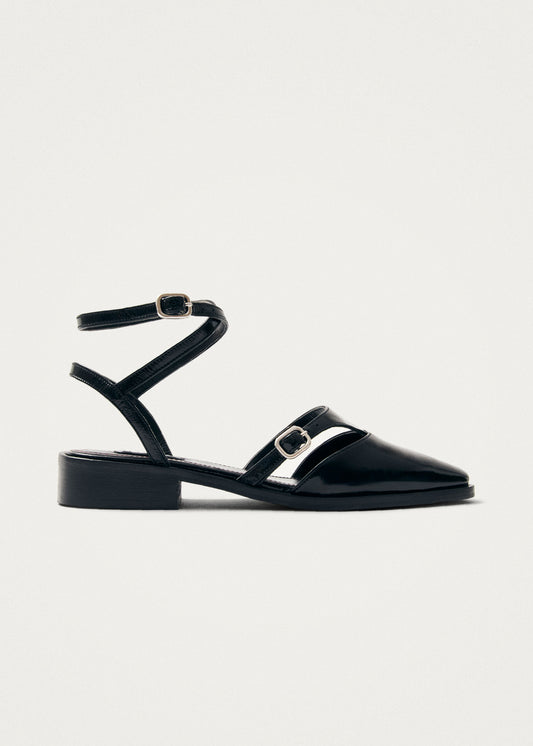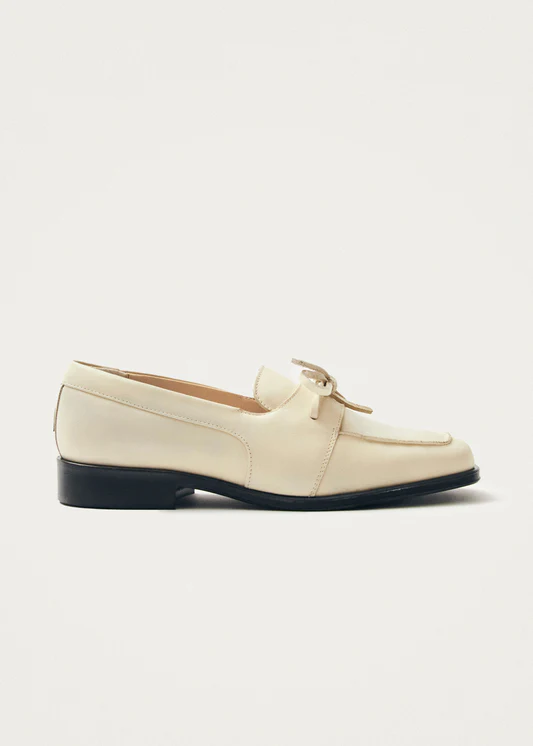Does sustainable fashion have a class problem?
The late fashion pioneer Virgil Abloh once boldly stated: ‘Don't let Zara and Uniqlo educate you on the price of a garment because that's not fashion. That's McDonald's.’
With this bold comparison of fast fashion and fast food, Abloh’s powerful statement, whether inadvertently or not, also alludes to the worry that access to good quality clothing is, in fact, reduced to privileged people.
It’s true that there are many scary correlations between fast fashion and fast food. For one - fast anything is cheaper, more accessible and more affordable. There is a McDonald’s in literally every street corner, and fast fashion brands come in a close second.
What can we gather from this? If you ask me - in this day and age, convenience is king. Whether it’s food, clothing or transportation, convenience has never been so attainable. Things are easy, and we’re loving it. But there’s an important downside - because we don’t have to work hard to obtain things, our sense of impulse becomes much greater. It becomes cheaper, too. Instead of saving up for one expensive $200 coat we’ll use for most of our adult life, we get a cheap thrill out of buying a $40 coat that won’t last the season. It feels good, but not for long. And of course, that ain’t great for the planet.
Who is to blame?
One could easily point fingers at every fast fashion consumer, shaming them and telling them to buy expensive, sustainable fashion instead. But what can we say of working class families who not only cannot afford sustainable fashion, but also cannot afford to even have this type of conversation? Can we really judge her for buying cheap stuff that’s bad for the planet? In instances like these, it becomes more apparent to us that sustainability can really only be afforded by middle to high income families. However - this does not mean they will choose sustainable alternatives. Just because somebody has the possibility to change their consumption habits does not mean they want to. After all, who wants to spend that much money, right? This debate leaves us pondering: is fast fashion a class issue? Who is to blame? And more importantly, who can fix it?
I think facts speak for themselves in this instance. In the UK alone, every year, more than 3.6bn clothes are left unworn. In the US, for contrast, the average adult has over $300 worth of unworn clothes sitting in their closet. Only 20% of them say it’s for sentimental reasons. Of course - it’s not all as black and white as ‘fast fashion bad, sustainable fashion good’; spending more on quality clothes does not equal ‘better for the planet’, it’s only what we’ve been believing for decades. Truth of the matter is, sustainable fashion is, by nature, made to be exclusive. This leaves lower income families with no other alternative than to consume fast fashion. Also, it adds more players to the blame game: is it the wealthy classes who can afford expensive, sustainable clothing but choose not to; the hard-working, penniless mother of 5; or the industry itself, hungry for money and wishing to pit us against each other while ignoring the larger issue?
Influencers and the fashion world
Instagram influencers and universal celebrities come pretty strongly here too. Constantly glorifying fast fashion brands, from sponsoring, promoting, or even uploading content such as ‘My $500 haul from X brand’, is responsible for a large chunk of yearly revenue. Using the power of influence to drive even bigger sales to these brands is not doing anyone favors. Choosing who and what to promote is imperative to creating a culture shift in which people might become more conscientious, and less consumption hungry. Is it their job to end the fast fashion problem? And more importantly, whose job is it to put an end to the fast fashion issue? Is it a joint effort?
Sustainable fashion today
In the last 10 years, exposure regarding climate change and the importance of sustainability has risen. I’m partly thankful because there’s more activist movements than ever, and also because they’re harder to ignore than ever. Horrifying figures have come to light: it takes about 3L of water to produce one cotton shirt, which will then take more than 40 years to decompose. Recycling, upcycling and thrifting is a common practice and is seen as ‘cool’.
But it’s also frustrating, because despite efforts to reduce carbon emissions, use recycled materials and adopt ‘greener’ habits, environmental activism is also being used as a façade by brands and corporations who wish to groom their image. They’re playing the dangerous game of making everything seem fine - to many, sustainability is yet another fad. The passing of New York’s Fashion Sustainability and Social Accountability Act could be the detonant in putting an end to greenwashing, holding brands accountable for their actions. But for now, we don’t know.
Sustainable does not equal attainable
What I do know is that it’s anything but fair to point fingers at those who simply cannot afford alternatives. This same issue was recently raised with the debate of veganism, furthering the parallels between the food and the fashion industry. Adopting conscious shopping habits and not buying into impulse consumption can be key for keeping carbon emissions in check. As educated consumers, it is a matter of integrity to be aware of the impact that our actions have on the planet. It’s as simple as that. Fast fashion is not bad because it’s being used to exploit the poor - it’s bad because it harms our planet with constant overproduction, carbon emissions and waste. And let’s face it - for as long as we’re alive, we’re going to consume fashion. Unless we want to go naked, it’s an inevitability. But we can choose the way in which we consume it. And that’s where sustainable, on-demand production comes in. Catering to consumer interest by designing products that will only be produced once they’re ordered means no waste and no harm will be done if none are bought. I strongly believe that on-demand is the future, and it’s time for brands to start adopting it as a production method, instead of burning or landfilling whatever deadstock doesn’t get sold to remain exclusive.
On-demand is a force to be reckoned with. And it’s here to stay.









